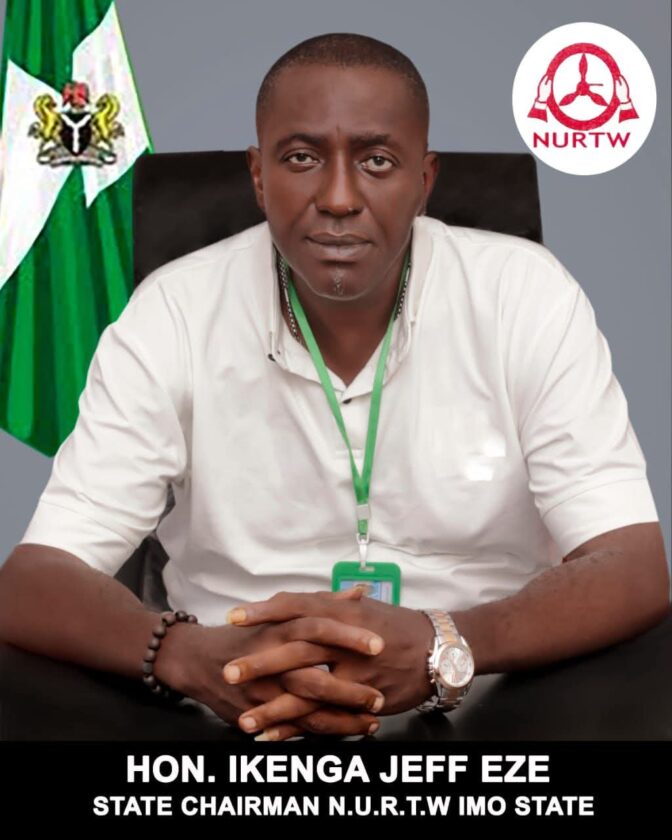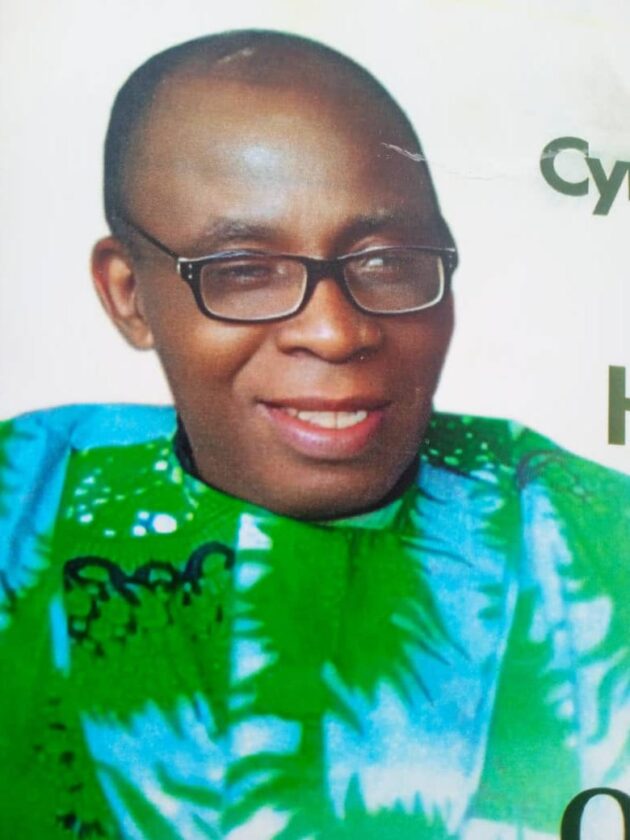Njoku claimed that Kanu’s removal from Kenya and return to Nigeria did not follow any legal procedure.
He said this action went against both African and Nigerian legal standards, including international treaties on extradition.
He criticized a ruling by Nigeria’s Supreme Court in December 2023, which allowed Kanu’s trial to continue.
According to Njoku, this decision ignored important parts of Nigeria’s Extradition Act, which outlines the legal steps that must be taken when transferring someone from another country.
The lawyer argued that the government did not respect laws requiring court approval before removing a person from one country to another.
He said that both Kenya’s and Nigeria’s constitutions promise individuals a fair hearing and protect their freedom, believing these rights were ignored in Kanu’s case.
Njoku also raised concern about the change in charges against Kanu.
He said Kanu was originally accused of treason, but after being returned to Nigeria, new terrorism charges were added.
He said this violated legal rules that prevent new charges unrelated to the reason for extradition.
He added that the way Kanu was brought back could harm Nigeria’s reputation and damage trust in the legal system.
He warned that ignoring proper procedures may lead to criticism from other countries.
“The replacement of the initial charges of treasonable felony with fresh terrorism allegations none of which were the basis for the extraordinary rendition further violates the principle of ‘specialty’ and subverts legal norms,” he said.




